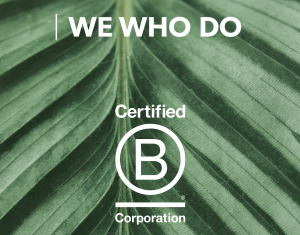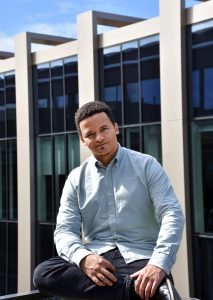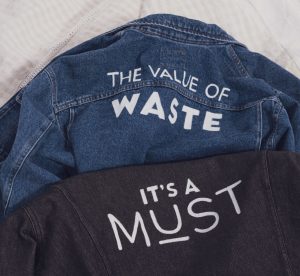Public transport is great when it works. When there are signalling problems, delays, and cancellations, it can quickly become a nightmare. Early in May, Chris Grayling announced that the government is investing £450m in the UK’s digital railway scheme. The investment is part of Network Rail’s Digital Railway Strategy and is set to reduce delays, and promote the UK as a world leader in rail transport. But how will digital signals actually help, and what problems does such a far-reaching plan entail?
According to Digital Railway (the proposed plan for the network), the new signalling system will allow more trains to run on the existing rail network. Instead of building capacity through expensive infrastructure schemes like Crossrail and HS2, digital signalling will increase seat numbers simply by streamlining the signalling process and reducing the necessary time gaps between each train.
As rail commuters will know, it only takes one late or cancelled train to throw the whole schedule. A lot of this disruption stems from current signalling systems which were designed in the pre-digital age. Digital signalling is the first step towards increasing the flexibility of the network and ultimately allowing for streamlined digital ticketing.
In 2017, however, the UK Department for Transport expressed concern over the security implications of digital signalling. These concerns were in relation to the use of open-platform and off-the-shelf equipment which could leave the system open to attack. Given the government’s past concerns, and increasing awareness of the possible impacts of cyber attacks in general, it will be important for Network Rail to ensure that any new systems are fully secure. There are also potential problems related to the integration of existing systems, training staff, and infrastructure concerns such as ensuring sufficient power supplies.
Digital signalling has the potential to revolutionise public transport, especially in larger cities with more complex networks. Current issues in the network demand a solution that fits the times, and it seems as if digital signalling holds at least one of the answers to the future of transport. Time will tell if the installation of the system can improve coverage, reduce delays, and form a solid foundation for digital ticketing.







